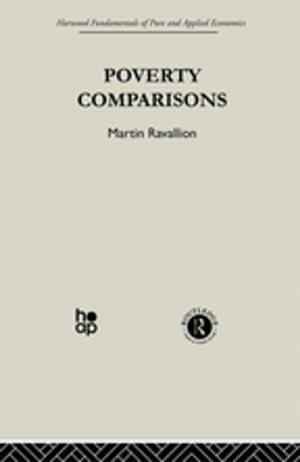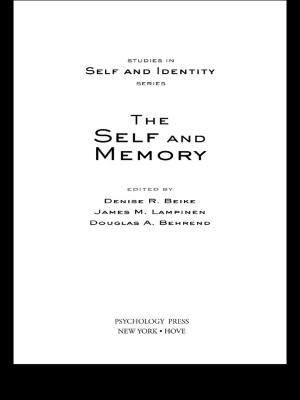Reflecting on Social Work - Discipline and Profession
Nonfiction, Social & Cultural Studies, Social Science, Social Work| Author: | Karen Lyons | ISBN: | 9781351905954 |
| Publisher: | Taylor and Francis | Publication: | March 2, 2017 |
| Imprint: | Routledge | Language: | English |
| Author: | Karen Lyons |
| ISBN: | 9781351905954 |
| Publisher: | Taylor and Francis |
| Publication: | March 2, 2017 |
| Imprint: | Routledge |
| Language: | English |
Social work has always been a contested activity and its status as an academic discipline remains uncertain. There is currently renewed interest in the theoretical and research dimensions of social work, at a time when significant changes in the broad social, political and economic context in which practice takes place require a re-evaluation of social work's role and a re-examination of its identity. This timely book brings together leading social work academics to examine the state of social work at the beginning of the 21st century. With their focus on the relationships between research, theory and practice, they reflect critically on the nature of social work as a discipline in higher education and the importance of this to the profession as a whole. The book represents an exploratory conversation among social work academics about the current state and future aspirations of the discipline and the profession. It aims to stimulate wider debate about the dominant constraints and opportunities for social work in the 21st century.
Social work has always been a contested activity and its status as an academic discipline remains uncertain. There is currently renewed interest in the theoretical and research dimensions of social work, at a time when significant changes in the broad social, political and economic context in which practice takes place require a re-evaluation of social work's role and a re-examination of its identity. This timely book brings together leading social work academics to examine the state of social work at the beginning of the 21st century. With their focus on the relationships between research, theory and practice, they reflect critically on the nature of social work as a discipline in higher education and the importance of this to the profession as a whole. The book represents an exploratory conversation among social work academics about the current state and future aspirations of the discipline and the profession. It aims to stimulate wider debate about the dominant constraints and opportunities for social work in the 21st century.















